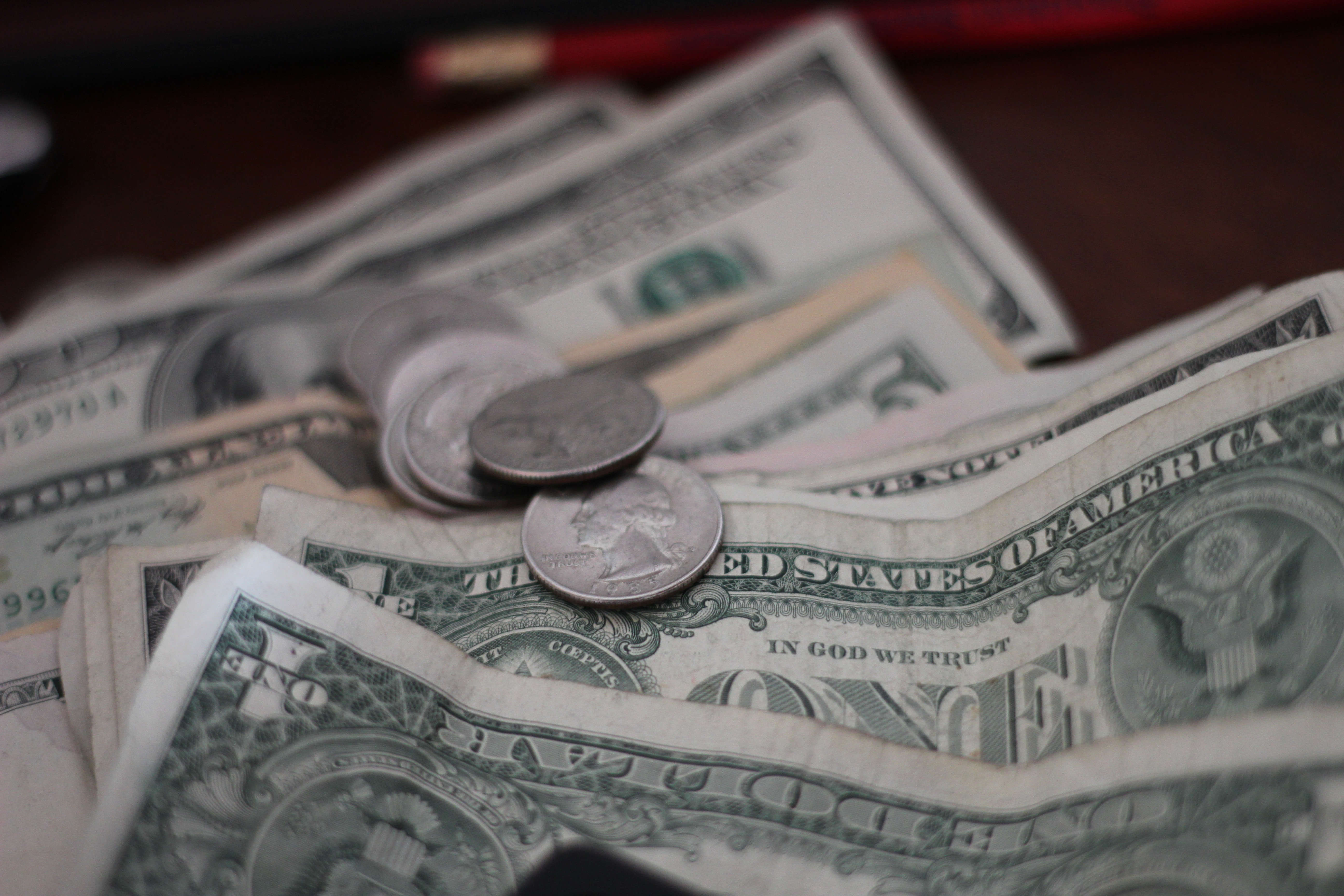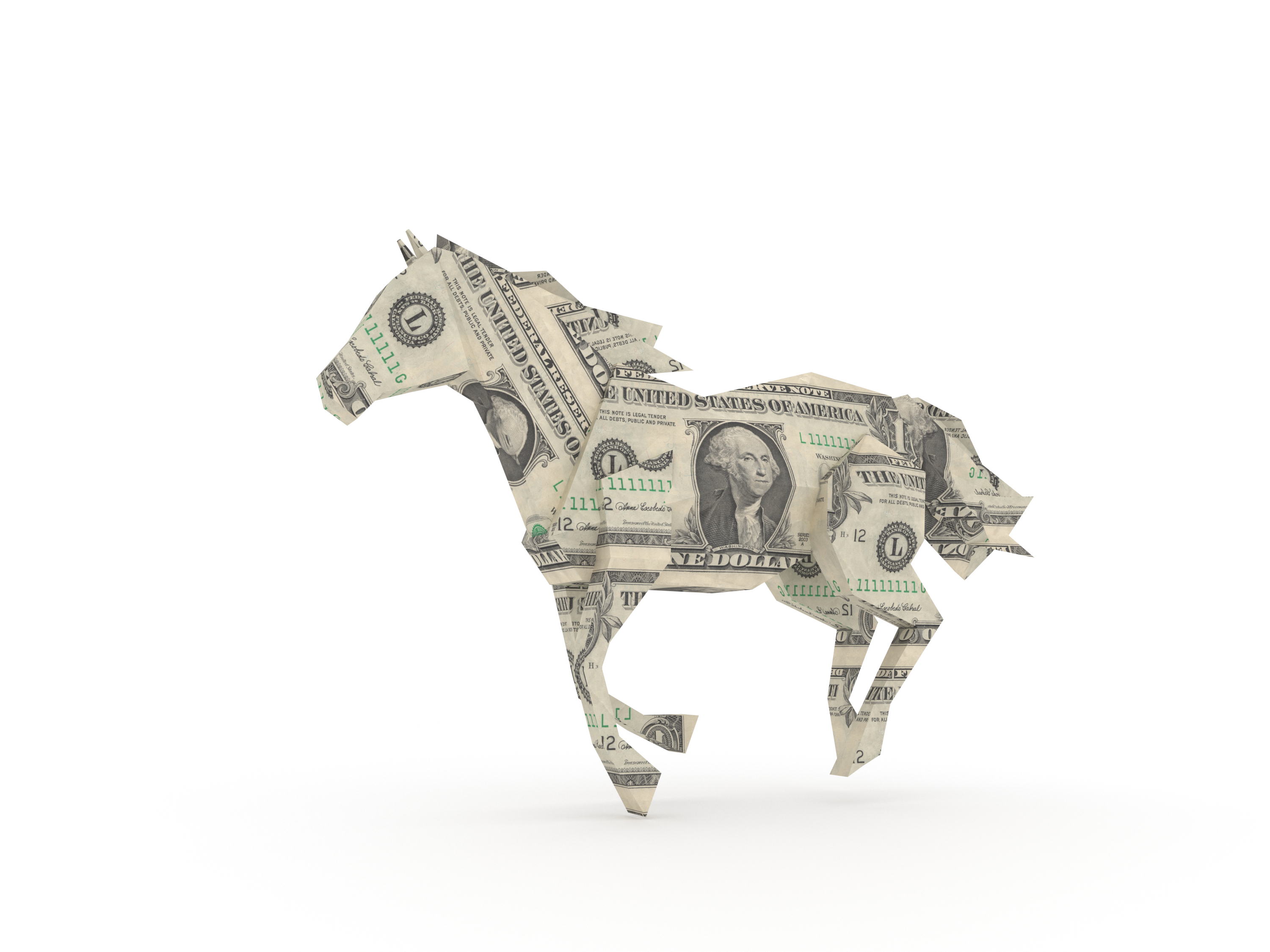
Budget: Create a spending plan that fits your needs and lifestyle. Having a customized budget will allow you to track spending, for both you and your horse. Research online to find a handy template or online budgeting system that’ll set you on the right track.
Try this Clever Fox Budget Planner to track your expenses and build monthly budgets. (As an Amazon Associate, we earn from qualifying purchases made through affiliate links.)
[READ MORE ON: Enjoy Your Horse on a Budget]
Save: Pinching pennies may seem a difficult task, but a dollar saved is a dollar you can spend on your horse. So, instead of buying lunch at work, pack a (probably healthier) meal from home to save around $10 a day. This is just one simple example of how to save money—there are countless other ways of cutting back in your daily life to add money to your horse’s piggy bank. Get creative!
[READ MORE ON: Saving Money for Horses]

Buy Used: While buying used isn’t always the smart choice (you may need to replace your used item sooner), doing so can enable you to acquire tack items you need or want at a lower cost. Just always inspect the item carefully to ensure that it’s genuinely a good buy.
[READ MORE ON: Stretch Your Tack Budget]
NEED GEAR? If you can’t buy used, here are a few budget-friendly, durable tack and gear items to consider:
Cashel Crusader Horse Fly Mask
Emergency Fund: Having an urgent-needs fund for your horse will help you deal with the costs of an unexpected vet visit. Try saving $100 a month if you can (and, no, this isn’t an “Oh, I can buy another horse” fund, either). If $100 is unrealistic for your budget, set back an amount that works within your financial plan. Just make sure it’ll add up to enough to help if an emergency occurs.
[READ MORE ON: Horse Emergency Planning Tips]
Invest in Horse Insurance: Equine medical insurance is a back-up to your emergency fund. If your horse needs colic surgery, for example, your entire emergency fund could be drained—and may not even cover the full cost. Equine insurance will provide needed care for your horse in a variety of situations where you otherwise wouldn’t be able to afford it.
[READ MORE ON: Horse Insurance]






